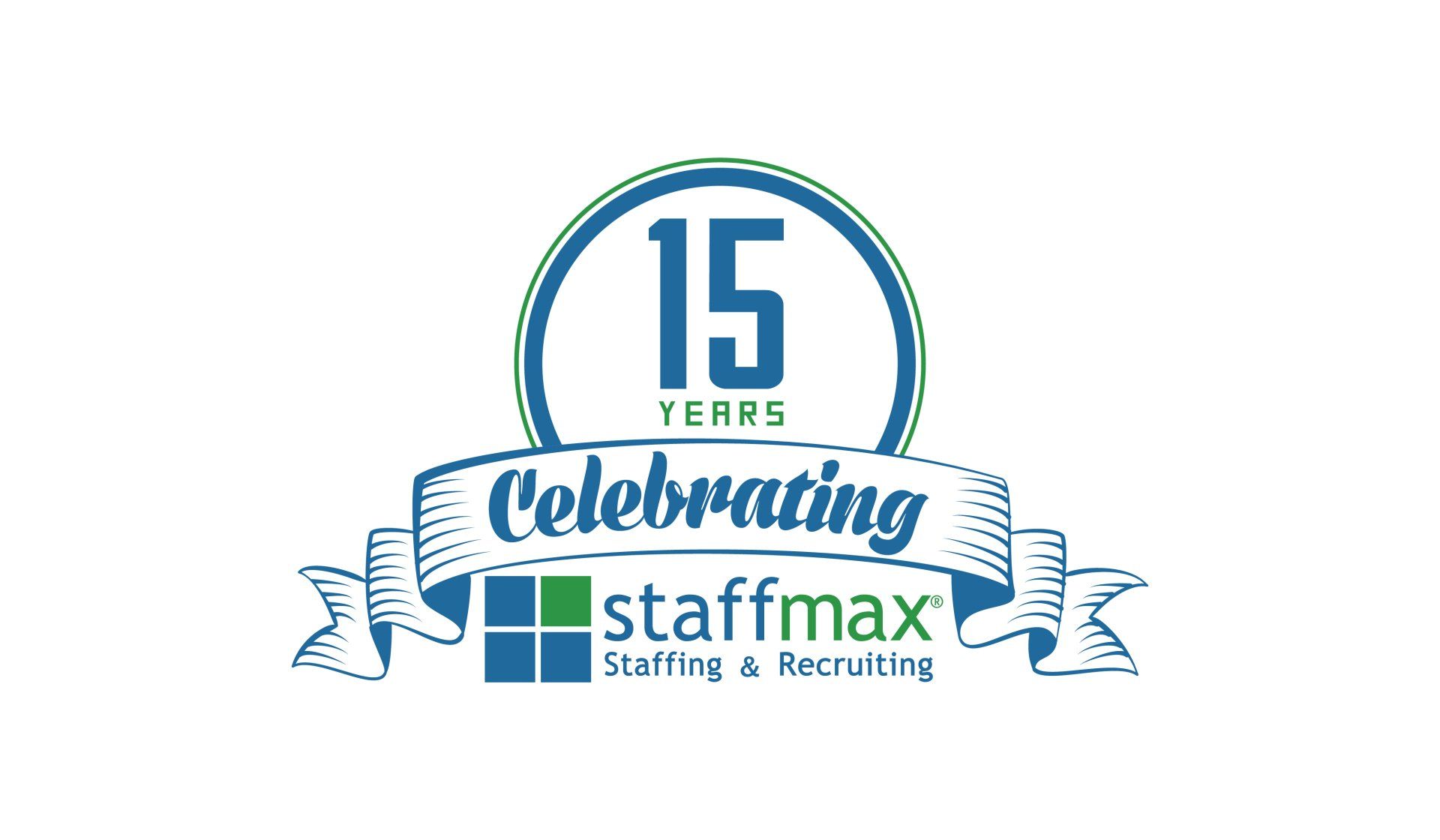Gen Z workers are in high demand. Those who are in the workforce are hungry, ambitious, and driven to succeed - on their terms.
By Glassdoor Staff for Glassdoor.com

Members of Gen Z were born between 1997 and 2012. Glassdoor's Economic Research Team studied the older sect to learn where Gen Z wants to work by leveraging job application data and company reviews on our platform.
This generation has higher expectations of employers than previous generations. With unemployment at a historical low, competition for these workers is stiff, and these young, vibrant workers are calling the shots.
To attract the best Gen Zers in the market, you'll need to double down on your employer brand and invest in recruiting. Here are some best practices for recruiting and retaining employees in this savvy generation.
Be tech-focused
Gen Z wants to work in tech and with tech. It's no surprise that software engineer is the most searched job by Gen Z applicants.
After tech, a significant number of Gen Z job seekers apply to roles in business services, finance, and retail. IBM, Google, Amazon, Microsoft, and Deloitte are the top five companies where Gen Z applicants have applied via Glassdoor.
It may be because these big companies offer big salaries and the big perks, or it may be they just want to work in a modern company that is on the cutting edge of technology - just like them. If you're not a tech company, step up your recruiting with technologies that appeal to Gen Z. Make sure your hiring practice uses AI tools, recruiting videos, easily scheduled online interview slots, and surveys to follow up and track their experience along the hiring pipeline. A traditional job posting and 30-minute phone screen followed by weeks of interviews isn't going to work for these folks.
"Gen Z is 100% digitally native … They've never known a world without the convenience and speed of digital interaction," says Kurt Heikkinen, CEO of candidate engagement and interview software, Montage. "Much of their time is spent on social media, streaming videos, and gaming online … they expect the exact same experience when it comes to job searches and the hiring process."
Be social
Gen Zers are estimated to spend as much as nine hours per day using social media and other apps that make their lives easier. Using social media for employer branding can help by raising awareness about your company and showing candidates why they should work for you. Some employers view social media as a distraction at work, and participating in it as a block to productivity. While you can implement terms of use policies, avoid banning it during work hours altogether. Instead understand that social media is part of our lives, and you can use it to your advantage. For example:
- Employees taking microbreaks to check in on social media is good for productivity. Studies show we don't take enough breaks at work. If people are using social briefly to reset their mind and outlook, it can help them be more productive overall throughout the day.
- Use social media to promote good news about your company, and encourage employees to share those updates.
- Post open positions on your social channels, encouraging workers to share those positions with their networks.
- Improve your culture via social. Companies that are active on social media are perceived to be more modern and fun places to work, with a sense of community. Further, if you are promoting a culture where employees have to "hide" or "sneak around" to use social media, that doesn't build trust or drive retention.
Be flexible in interviews
While you can't generalize about an entire generation, being flexible in how and when you interview can serve you well if you're trying to attract Gen Z candidates.
"74 percent of Gen Z would rather connect with colleagues face to face than via other formats. But here's the catch: Gen Z doesn't equate face-to-face with in-person," says Heikkinen. "Employers should use mobile-first video interviewing technology with live and on-demand interviewing. This helps recruiters and hiring managers reach and communicate with Gen Z in a manner that they prefer, through technology that's already in their hands nearly 24/7."
Share relevant content - reviews, articles, videos, and surveys - about the interview process with Gen Z candidates at each stage of the hiring funnel.
Be real with perks, focus on culture
While free food, game rooms, pet-friendly offices, and company-sponsored vacations may seem like great perks to offer job-seeking Gen Zers, research shows that they care about much more.
Across Glassdoor reviews left by Gen Z, "work environment," "flexible hours," and "good pay" are the most common keywords used to describe the pros of working for their employers. "Free food," "company discounts," and "easy work" also appear in the top 10 most common phrases.
"The competition to catch the attention of the newest generation of workers and potential applicants will likely favor employers who can demonstrate - via their job descriptions, interview processes, and other online forums - that they value culture, career opportunities, and trust in senior leadership, along with a balance of benefits," says Glassdoor Economic Research Analyst Amanda Stansell.
Be a diverse and inclusive workplace
Gen Z grew up around diversity and inclusion, and they are more comfortable in environments where those aspects are recognized and celebrated. Creating a diverse, inclusive workplace starts with examining your recruiting, screening, and interviewing processes to uncover and address biases. When it comes to topics as important as diversity and inclusion, make sure your website clearly shows what your company is doing and demonstrate throughout your application process that your company is focused on attracting and retaining diverse and inclusive employees. Posting a paragraph that says you are an equal opportunity employer isn't enough.
Show prospective candidates and existing employees you take diversity seriously and that you value all voices. Salary transparency can be a great way to level the playing field in your organization. It helps reduce the gender pay gap and increase retention.
Be strategic with marketing
Gen Z workers want to work somewhere with a positive culture and values that reflect their own. Highlight new product developments, philanthropic initiatives, awards, and other positive news about your company in press releases and online. Update your company's Glassdoor profile to tell a more complete story about what it's like to work at your company. If possible, have members of leadership respond to and address any negative comments that might appear on Glassdoor so candidates can see leadership is engaged and working to correct any pain points with the employee experience.
Also consider broadening your location for an employee search. Gen Zers are applying to jobs in the typical major cities like New York City, Los Angeles, San Francisco, Boston, and Chicago. However, Champaign, IL and Raleigh, NC are a couple of metro areas that rank among the top 10 locations for Gen Z applicants. You may have a better chance of landing a top candidate in a larger, more competitive market than in a smaller one.
Be generous when it comes to benefits
Sixty-three percent of job seekers review an employer's benefits when reading a job description. However, many businesses may not realize that their benefit plans are out of date. Some places focus solely on salary - but that's not all that's important.
Consider whether your benefits package is modern enough to match the Gen Z worker. Is it inclusive, offering benefits to domestic partners? Does paternity leave match maternity leave? Is there inclusive language to make sure everyone feels like they will be an important part of the team, including people across the LGBTQ spectrum?
Gen Z employees are at the forefront of driving change, holding companies responsible for their promises and seeking the best for themselves and their families. They're raising the bar on demands for work-life balance, fair and equitable pay, and job satisfaction.
When you break it down, attracting, hiring, and retaining Gen Z workers isn't that much of a mystery, or a challenge. It involves key tenets that apply to any generation: doing the right thing, being transparent, and treating people with respect.













